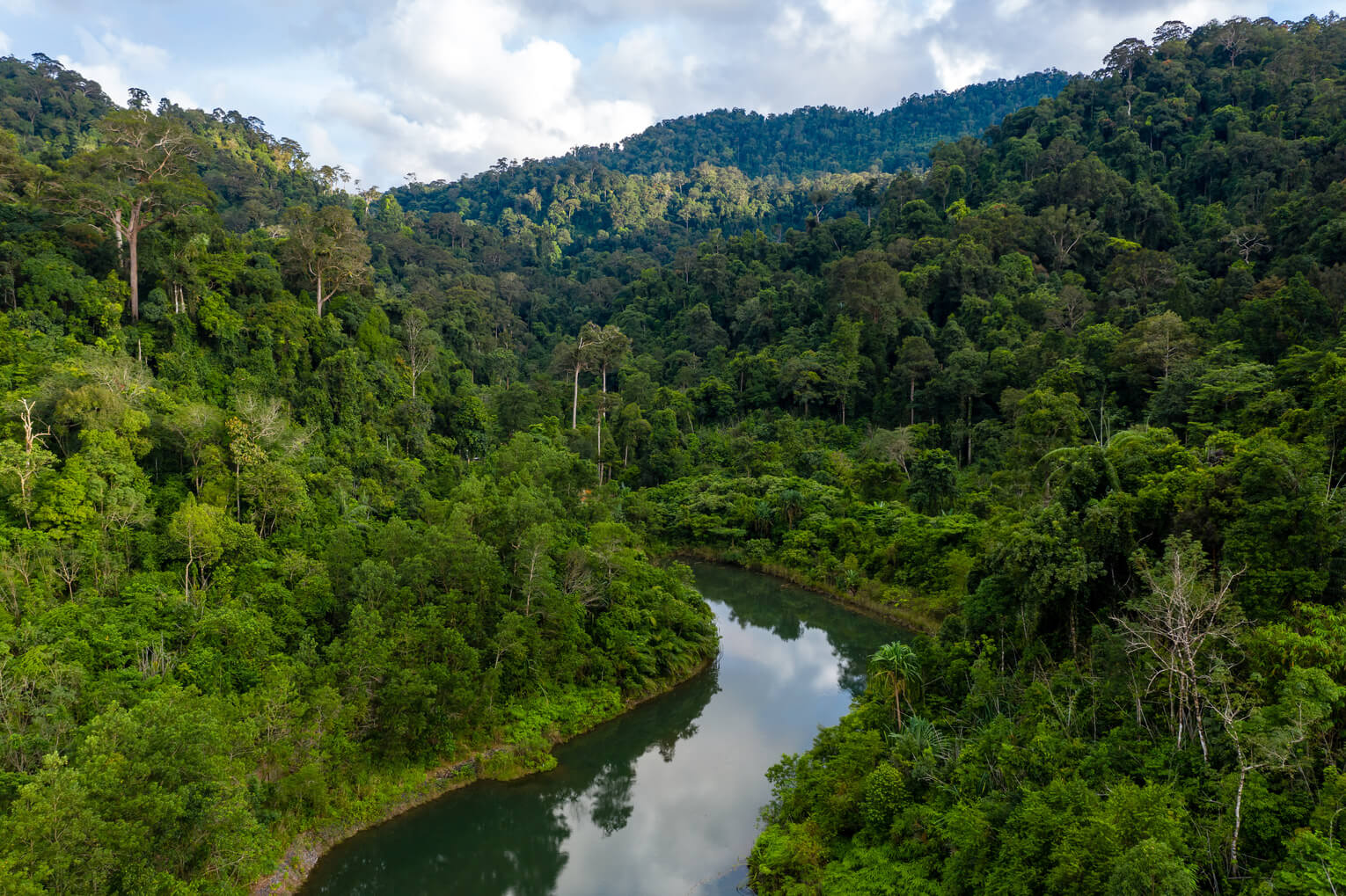The social media giant says it will start clamping down on the illegal sales of ecological conservation areas within the Amazon Rainforest on its site. The new measures will be introduced as a result of a recent investigation by the BBC, which was conducted in February of 2021. Findings revealed that large plots of land, located within national forests were being listed on the social media’s classified ads platform.
Facebook Marketplace lists a wide range of products available for people to purchase, which can either be shipped overseas or purchased locally. However the marketplace can also be used to sell and purchase things such as vehicles, property rentals and more unexpectedly, land.
What is happening?
- Facebook has announced that it will start cracking down on the illegal sale of protected land within the Amazon rainforest on its e-commerce platforms.
- The new measure will only apply to conservation areas and not publicly owned forest lands.
- The world’s largest social media platform Facebook says they’ll be banning the sale of protected and ecological conservation areas within the Amazon rainforest on its e-commerce platforms, and review listings on Facebook Marketplace.

“Today, we are announcing measures to curb attempts to sell land in ecological conservation areas within the Amazon rainforest on Facebook Marketplace,” the company announced via a blog post on Friday, October 8. “We are updating our commerce policies to explicitly prohibit the buying or selling of land of any type in ecological conservation areas on our commerce products across Facebook, Instagram and WhatsApp.”
Facebook will “identify listings that may violate this new policy” using a database managed by the United Nation Environment Program World Conservation Monitoring Centre, which it says to be the most comprehensive database of its kind and is updated monthly using reports from “a range of government and other institutions”. The announcement also adds they will observe the process’ progress and “make improvements as appropriate.”
























.jpeg)
















.jpeg)





.jpeg)






.jpeg)













































